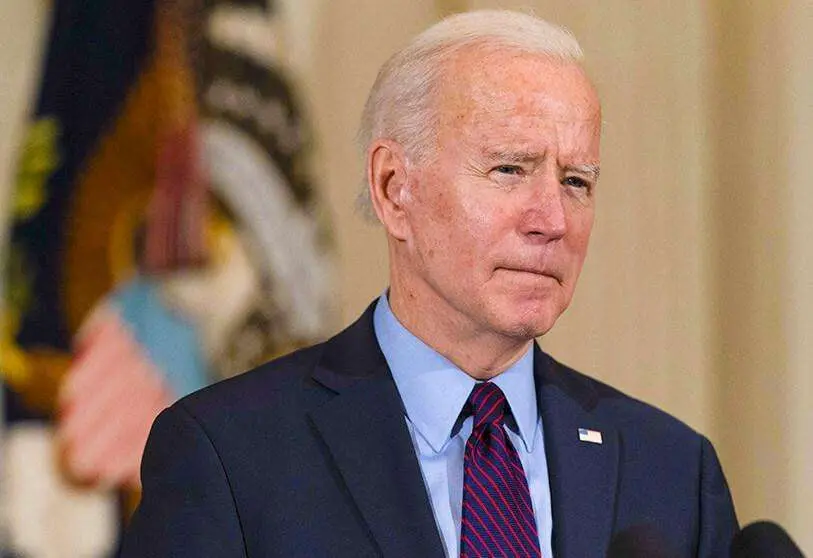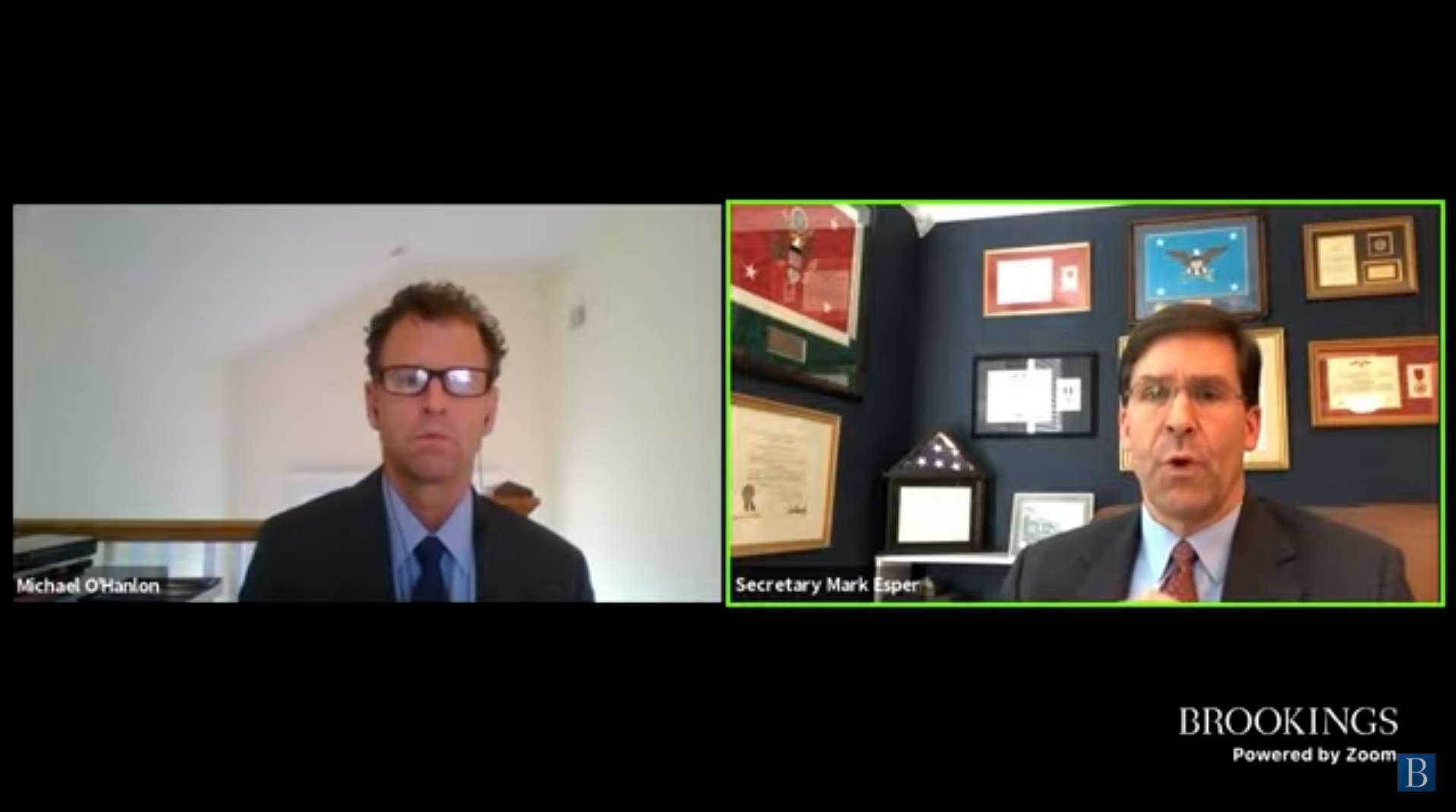United States: Two foreign policy perspectives of the Biden Administration

Donald Trump's arrival in the White House four years ago brought with it an uncertainty that, even after leaving office, many have not been able to decipher. The fear of an increase in military activity was one of the great concerns, although, in the end, it was from the offices from where he has generated more tense relations with much of the world (Israel and Saudi Arabia disagree in this regard). But the arrival of Joe Biden offered hope for reconciliation and a return to a foreign policy in line with what Barack Obama had left behind during his eight years as US president. Only 35 days after taking office, Biden has shown that he is not far from what the previous Democratic president had led from the Oval Office.
The attack on pro-Iranian militias after little more than a month is a sign that the foreign policy that Biden wants to develop is perhaps not as peaceful as might have been expected from the outset. While Washington argues that this is a response to "recent attacks on US and coalition personnel in Iraq and ongoing threats", the reality is that the new president has not shied away from deploying an air offensive in northern Syria against Iranian-backed Shia militias.
This is yet another episode in the multiple conflicts between the US and Iran. It is unclear whether Syria or Yemen, two of the most serious humanitarian crises in the Middle East, are at the top of the list. The second of the two seems to be a dead end, and the tension is only increasing, leaving such pessimistic visions as that of Gregory Johnsen, writer of The Last Refuge: Yemen, al-Qaeda and the US war in Arabia: "I don't think Yemen can be rebuilt as a single state". This opinion was expressed on the last day of a week of talks organised by Brookings Foreign Policy entitled "The Middle East and the New US Administration". One of the basic problems that Johnsen spoke of is the multitude of countries that have meddled in the Yemeni conflict "to see what they could get out of it".

On the other hand, he singles out Saudi Arabia, which, he says, has been forced to act because of the threat posed by the Houthi militias on the border shared by Yemen and the Kingdom. Not only that, but the increasingly close relationship between the militias and Iran poses a greater threat that could cost Saudi Arabia dearly. The possibility of stepping back in favour of an understanding that, to be frank, is highly unlikely to come to fruition, at least at present, could represent an Iranian breakthrough that could be the key turning point in a territory that is constantly fragmenting, such as Yemen.
The question arises as to whether the United States should really be a key actor in territories that, a priori, are not under its direct influence. Nothing could be further from the truth. At a time when the fight to become the pole of the International Order is far from clear, and in the face of Chinese and Russian threats, the Americans must appear as the mediating power they are expected to be and bring some sanity to the greatest humanitarian crisis known to mankind since the United Nations was created in 1945. Even more so when, as Gregory Johnsen stressed throughout his speech, it is known that "civilians are being used as shields", and that the real consequences of war - as has always been the case throughout history - are being suffered by citizens who are unable to see the light at the end of a seemingly endless tunnel.
Marked in red and highlighted above all else is the dispute between Russia, China and the United States over who will be the centre of power in international relations. Joe Biden and Kamala Harris have their work cut out for them during their four-year presidency. Moscow and Beijing are rejoicing at the departure of a Donald Trump who, at least, has imposed a leadership rarely contested from other parts of the globe. But these may not be the only concerns Biden and Harris face, according to former US Secretary of Defence Mark Esper, who says North Korea and Iran will never give up "their thirst for the limelight" and will be a real headache for a hotly contested leadership.

Esper, who was sacked by Donald Trump shortly before leaving the White House, goes one step further when it comes to China and Russia: "They are not only competing to be the world's leading power, they are real threats to the security of the United States". It is clear that when you are talking about countries of the magnitude of these superpowers, making a false move can mean setting your adversary's entire machinery in motion against you, but if there is one thing we should all be worried about, it is Iran. At least that is what the former US Secretary of Defence believes: "The greatest threat to the United States and to the entire world remains Iran". He is probably right. One of the key questions will be to what extent Joe Biden can or cannot get Iran to return to the Joint Comprehensive Plan of Action (JCPOA), which would undoubtedly give international society some breathing space.
We must not get ahead of the facts, "we have to deal with the world in front of us, not the world we imagine or would like to get to", said Mark Esper. It is important to keep a distance from the facts and to bear in mind that not everything can be fixed with a single decision or action by one country, be it the United States, China or Russia. The latter "is playing its cards very well", Esper said. However, NATO has made a major response to the potential threat posed by Vladimir Putin's country. Increased security spending is a further guarantee of the supranational body's efforts to stand up to the threat. The United States has a great opportunity, but at the same time an enormous responsibility. Whether Joe Biden's start at the helm of the world's most powerful country was the bombing of Syria may come as a surprise to some people - it would not have to given certain precedents - but whether it was a good or bad decision in terms of dominating the international order will only be known in the future.








